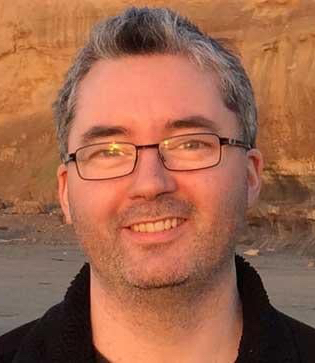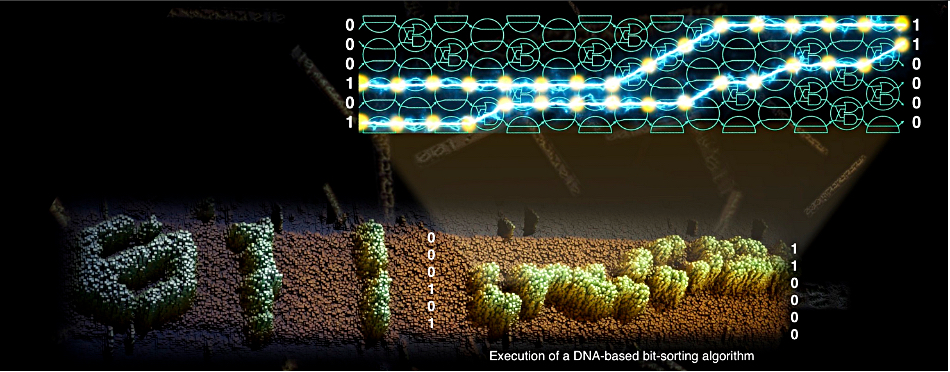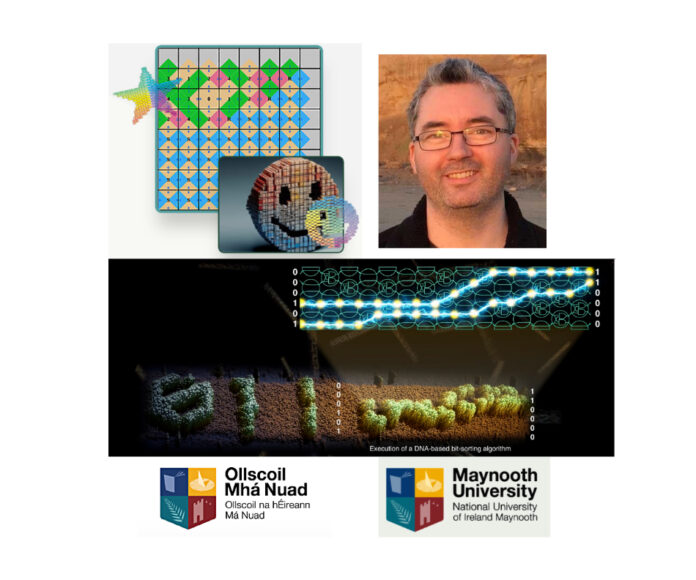An Irish university research team has been awarded €4 million ($4.34 million) to research DNA storage and computation.
The team, led by professor Damien Woods at Maynooth University’s Hamilton Institute in Kildare, Ireland, proposed a DNA-based computing and information storage system, DNA Infrastructure for Storage and Computation (DISCO), in partnership with prgm.dev and tilibit nanosystems, for funding to the European Innovation Council Pathfinder Challenge program. We’re told the new EU grant will build on the work already achieved by the team to enable DNA to store data, then read, write, and carry out computations.

Woods commented: “Each of the cells in your body has more than a gigabyte worth of DNA in it. By taking inspiration from biology and storing data in DNA, we might use less space and energy than currently needed to store digital data, freeing up valuable resources.
“This nanoscale storage capacity could one day be used for chemical computers that retain and interact with large amounts of data in microscopic amounts of space.”
Professor Woods previously won a European Research Council grant as well as Science Foundation Ireland funding to develop DNA-based computers, and the work conducted under this new grant will build on that.
A patent for some of the research results has already been filed. Woods’s TAPDANCE – Theory and Practice of DNA Computing Engines – research team will develop a molecular library that will include DNA-based algorithms. These can be triggered to modify data stored in DNA so that the nanoscale DNA-based computers will have both a memory bank as well as the ability to carry out future computations.
DNA forms a winding double helix consisting of two long DNA strands bound together. Woods’s team will design short DNA strands that interact with a single long DNA strand to encode both data and programs in DNA. They say: “DNA interactions are well-understood, and the resulting nanoscale structures are highly predictable from their DNA base sequences, similar to Lego pieces sticking together.”
The DNA computational aspect seems highly specific as the research team “will mix carefully designed synthetic DNA strands that code for specific data and algorithms together” into a container. The results of computations can be read out using a light-based detection method, or even by using a special microscope to see a folded nanoscale structure.

Woods said: “DNA in a droplet of liquid can run precise computations. The advantage of this technology compared to digital laptops is that one day we might have a huge amount of data stored in DNA, potentially in much smaller space than current technology. By running computations directly on DNA in the droplet, there is no need to use a laptop and expensive lab equipment to read the data.”
However, expensive lab equipment would likely be required to prepare the DNA materials, load them into some device, such as a lab on a chip, and then read out the results using more expensive equipment – such as a special microscope to see a folded nanoscale structure.
He says: “This has the potential to save on energy costs, but perhaps more importantly opens up new forms of algorithmic molecular control at the nanoscale.”
The university’s press office says the usage of artificially synthesized DNA to store large amounts of data could reduce the current high energy demands of digital storage as current technologies face energy limits. In Ireland, datacenters consumed 21 percent of total energy in 2023, up from 5 percent in 2015. But DNA storage IO speeds are so slow compared to SSD, disk drives, and even tape drives as to restrict its use to long-term and space-restricted archival applications.
Maynooth University is one of four constituent universities of the National University of Ireland, and is ranked 86th out of the 90 global Times Higher Education Young Universities. It has more than 15,000 students, including almost 1,800 taught postgraduates and 530 research postgraduates.








